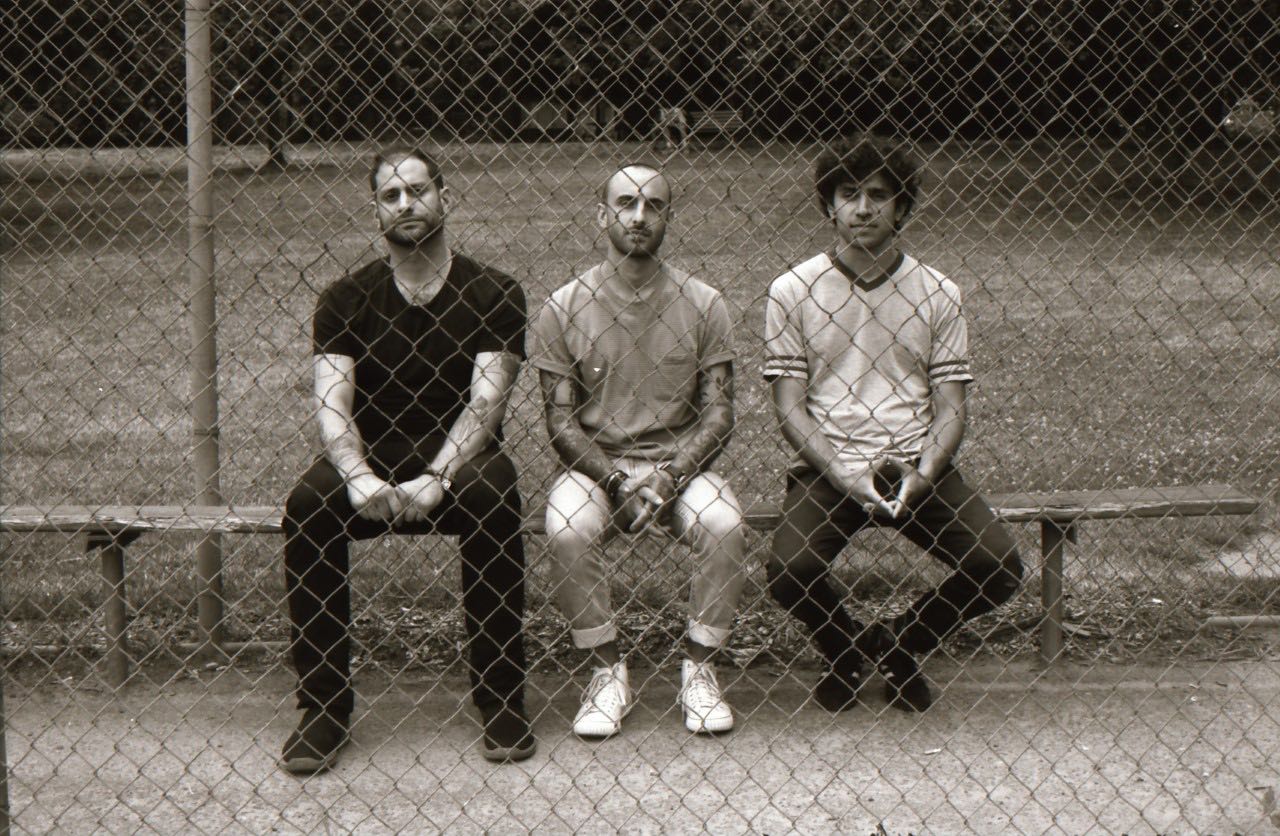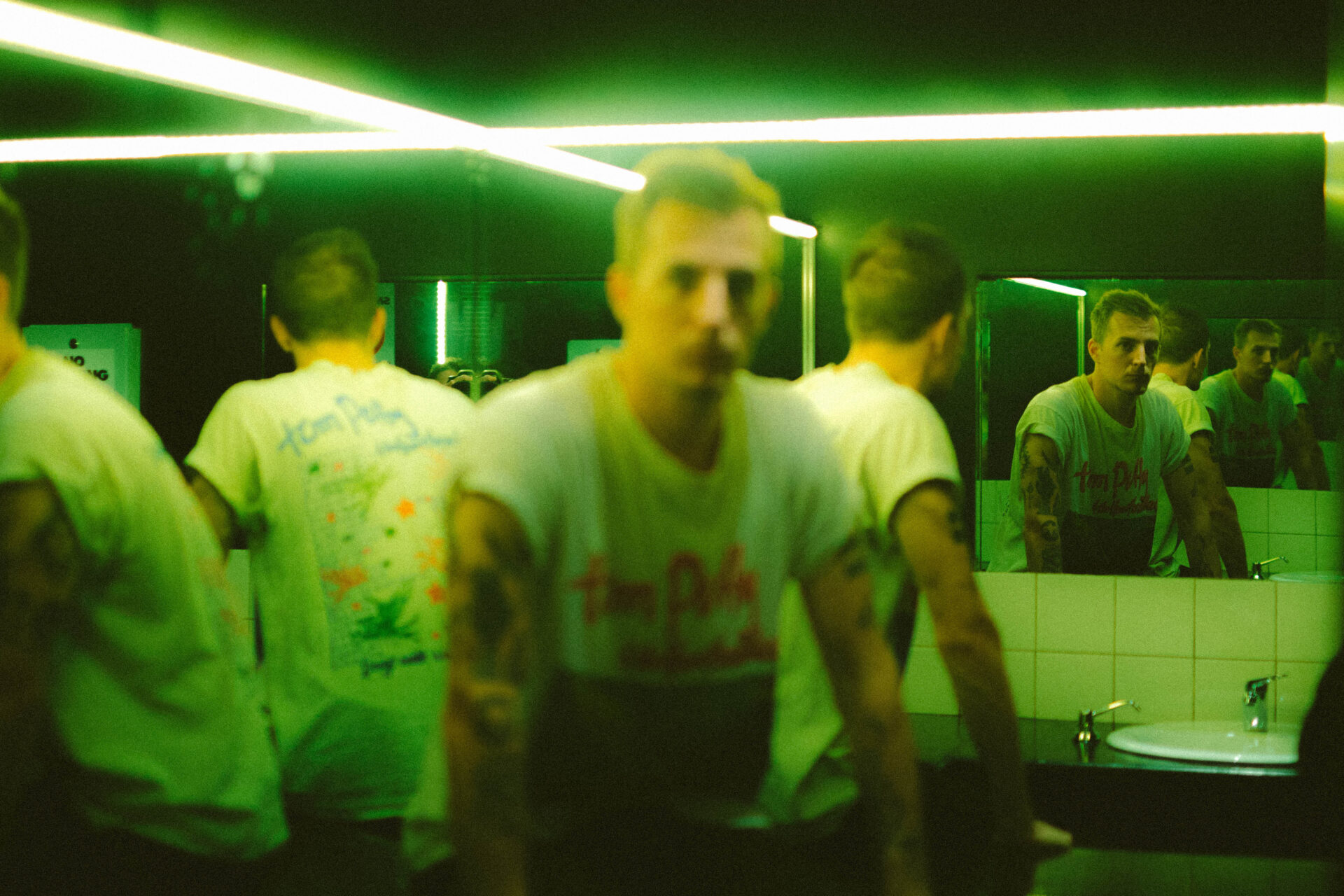Exploitation cinema generally serves one very obvious and basic purpose: to entertain through the exploitation of violence and/or sexuality. Often these films don’t betray a lot of emotional or thematic depth because, let’s face it, you aren’t watching a midnight movie to become connected with characters or engrossed in a story; you’re there to see shit hit the fan in new, fun, and interesting ways. This is why you don’t often get exploitation films that are slow or meditative, because unless you’re doing some Tarantino-esque genre subversion, doing so works against the very principle of making an exploitation flick. Killing Ground is a perfectly competent movie on its own terms, but those terms seem confused and muddied once one realizes there isn’t a whole lot going on under the surface.
The film opens on a couple, Sam (Harriet Dyer) and Ian (Ian Meadows), going on a New Year’s Eve camping trip to a remote area. Upon arriving there, they notice a tent is already set up, but they don’t see any other people around. The film then rather unceremoniously begins intercutting scenes of the family of four who stayed in that tent days earlier, building to an explanation of what happened to them as a parallel narrative develops in the present where Sam and Ian meet a pair of suspicious hunters (Aaron Pedersen and Aaron Glenane).
Based on the title alone, it’s pretty easy to see where Killing Ground is going with this, so there isn’t much by way of intrinsic tension to drive the film along. There is a foreboding sense of inevitability that is fostered by a couple of intelligently executed twists through some fantastic cinematography, but the fates of both past and present families are a known quantity, as is the shallow subtext of Sam and Ian’s relationship being put to the test under extreme circumstances. It’s effectively portrayed, but there isn’t much to distinguish the film beyond how shockingly mundane it feels.
See, writer-director Damien Power crafted a narrative dependent on long silences and extended teases that don’t actually build toward anything all that profound or viscerally shocking. For being a film where the point is to watch people be physically and psychologically tortured, Killing Ground is relatively tame in its bloodletting, and while the situations the victims find themselves in are intrinsically frightening, the presentation is so matter-of-fact and muted that it’s hard to become invested in the purposely archetypal personas we’re meant to empathize with. It’s just a tired presentation of a familiar story, devoid of enough hooks or nuance to distinguish it as anything more than disposable.
That said, there’s nothing actually “wrong” with Killing Ground except that it’s underwhelming. There are moments of genuine ingenuity and entertainment to be had, but even at a meager eighty-nine minutes the film drags a bit long on its flimsy premise. To be great, the film needed to either explore greater psychological depths or reach for more violent heights. Doing neither makes the experience merely mediocre.













